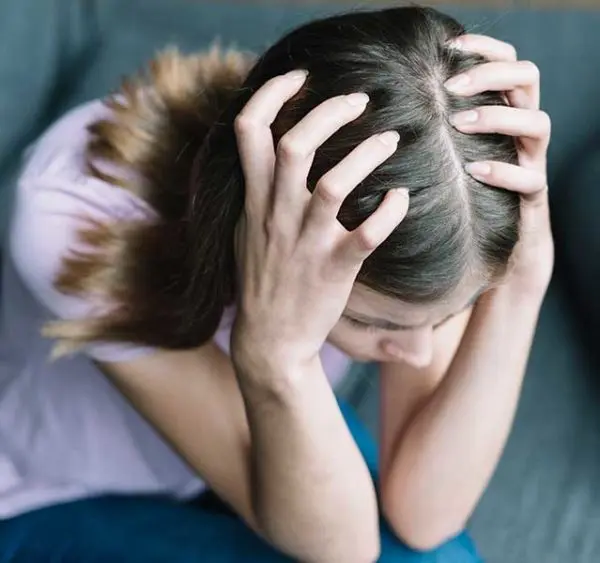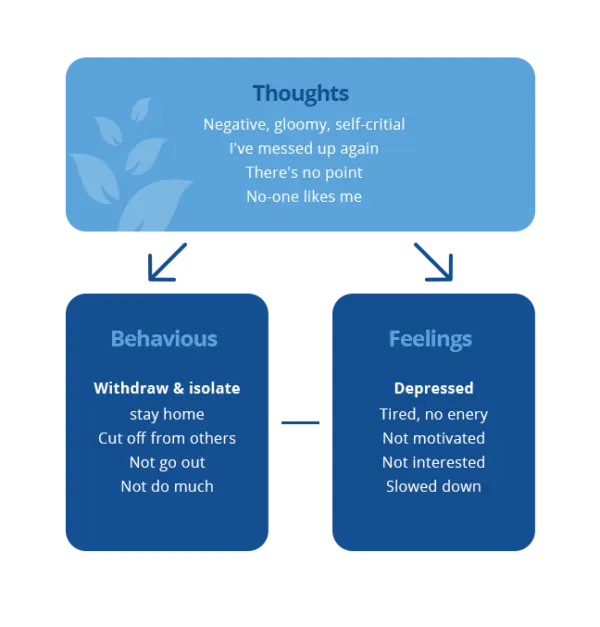Depression
What is Depression?
Depression is a common mood disorder in which a person experiences persistent feelings of sadness and hopelessness and lose interest in activities they once enjoyed. To be diagnosed with depression the symptoms must be present for at least two weeks.
A person must experience five or more symptoms to meet a diagnosis for depression. Little interest or pleasure in doing things?
A person must experience five or more symptoms to meet a diagnosis for depression. Little interest or pleasure in doing things?
- Trouble falling asleep or sleeping too much
- Feeling tired or having little energy?
- Poor appetite or overeating?
- Feeling bad about yourself, or that you are a failure of have let yourself or your family down?
- Trouble concentrating on things such as reading the newspaper or watching television
- Moving or speaking so slowly that other people could have noticed? Or the opposite being so fidgety or restless that you have been moving around a lot more than usual?
- Thoughts that you would be better off dead, or hurting yourself in some way
Depression can occur to anyone at anytime their life. Different factors make It more likely to happen such as genetics, environmental factors and stressful life events. What keeps it going though is our attitude and how we deal with those things. The way we think and what we do affects how we feel and can be accompanied by other feelings such as guilt, shame, anger and anxiety.


“My GP diagnosed me with depression, I told him that I had stress at work and have been signed off sick. I try to stay at home most of the time unless I have to do something. I lack motivation to do household chores and to even take care of myself. I oversleep and struggle to wake up in the mornings and struggle to sleep at night time. I asked the GP if he could prescribe me sleeping tablets to help with sleep he suggested antidepressant medication and CBT.”
This is a common presentation of someone experiencing Depression, this can be accompanied by anxiety or other disorders. CBT is highly successful and has good outcomes for people who have a diagnosis of depression. Clinical trials have shown that CBT is just as effective as anti-depressant medication and when combined with medication there are very positive outcomes. There is a chemical imbalance associated with depression known to effect the brain by a reduction in the neurotransmitters found within the brain such as serotonin and norepinephrine
Medication can help where someone has moderate to severe symptoms but should be used as a temporary measure. GP recommend CBT more and more over the years as it works with the cause of depression rather than masking the effects. CBT teaches individuals how to understand what they are experiencing and what they can do to create positive change. Clients need to be motivated and hopeful that therapy will help them.
Medication can help where someone has moderate to severe symptoms but should be used as a temporary measure. GP recommend CBT more and more over the years as it works with the cause of depression rather than masking the effects. CBT teaches individuals how to understand what they are experiencing and what they can do to create positive change. Clients need to be motivated and hopeful that therapy will help them.
